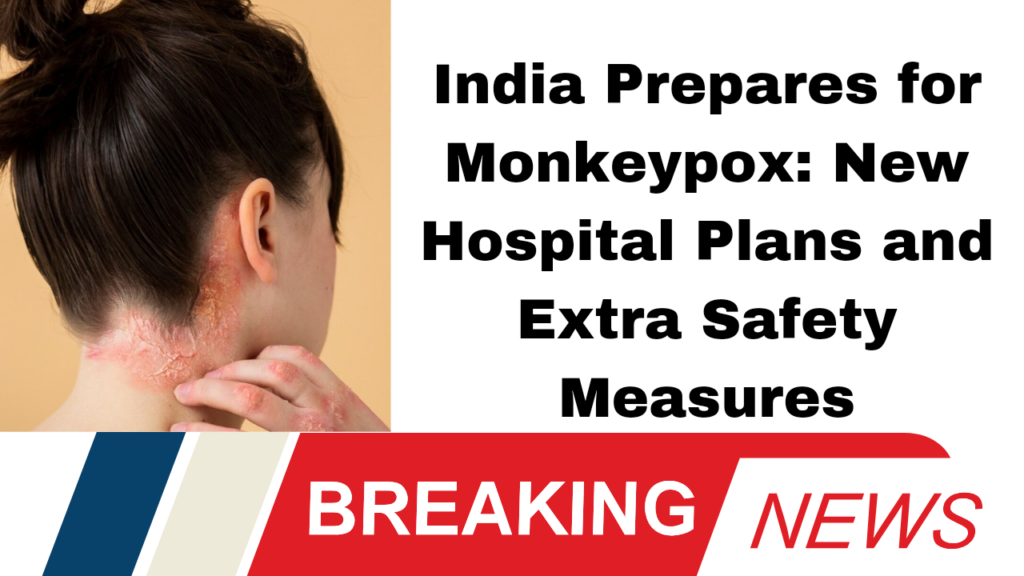Increased Vigilance and Nodal Centers Established in Delhi The threat of monkeypox has intensified in India following its spread from Central Africa to various parts of the world. The Indian government has issued a high alert in response to confirmed cases of monkeypox in neighboring Pakistan and Pakistan-occupied Kashmir (POK). To manage and contain the situation, the Union Health Ministry has designated three hospitals in Delhi as nodal centers for monkeypox treatment and isolation.
Nodal Hospitals Designated for Monkeypox
The central government has appointed Lady Hardinge Medical College, RML Hospital, and Safdarjung Hospital as the primary nodal hospitals for monkeypox. These facilities are equipped with isolation wards to provide specialized care and observation for patients diagnosed with monkeypox. If a case is identified, patients will be admitted to these hospitals for comprehensive treatment.
AIIMS and Delhi Government Hospitals Take Precautions
Dr. Reema Dada, Professor and Media Cell Incharge at All India Institute of Medical Sciences (AIIMS), New Delhi, confirmed that while AIIMS is not one of the three nodal centers, it has reserved five beds for suspected monkeypox cases. Patients exhibiting symptoms of monkeypox will be transferred to these beds for further evaluation and care.
Additionally, the Delhi Government has established an isolation ward at Lok Nayak Jai Prakash Hospital for monkeypox patients. Although no cases have been reported at this facility so far, it is prepared to manage any potential cases.
Recognizing Monkeypox Symptoms
Monkeypox symptoms often resemble those of chickenpox or smallpox. They may include blisters, rashes, or pimples on the face or other body parts, which might contain yellow pus. Other symptoms include itching, fever, vomiting, headache, muscle stiffness, and unconsciousness. Individuals experiencing such symptoms should seek medical attention promptly.
Global Situation and Response
As of now, monkeypox has been reported in 116 countries with 99,176 cases and 208 deaths since 2022, according to the World Health Organization (WHO). In response to the global emergency, the central government has also instructed the enhancement of laboratory networks for monkeypox testing. Currently, 32 laboratories are designated for this purpose.
The increased surveillance at borders and airports, alongside the establishment of specialized facilities, aims to mitigate the impact of monkeypox and ensure prompt and effective management of cases.
